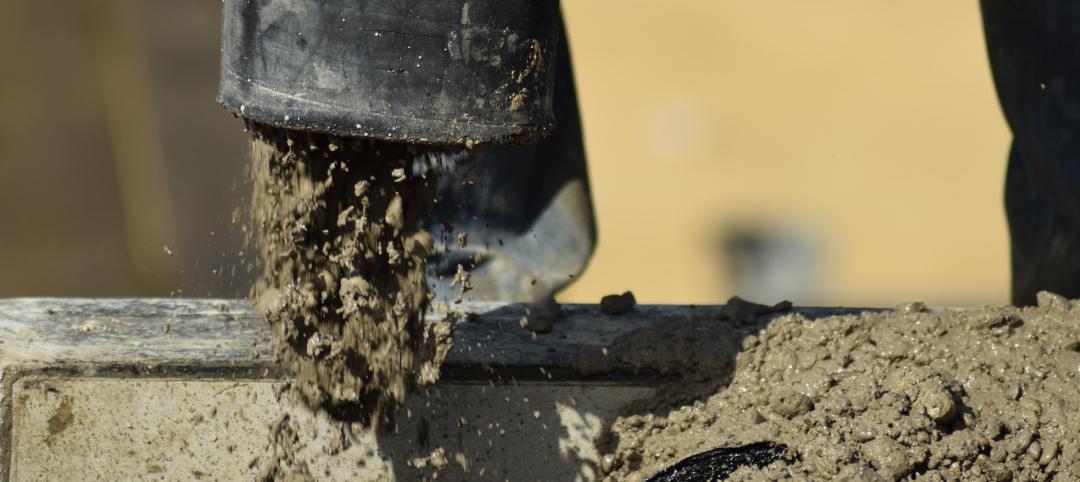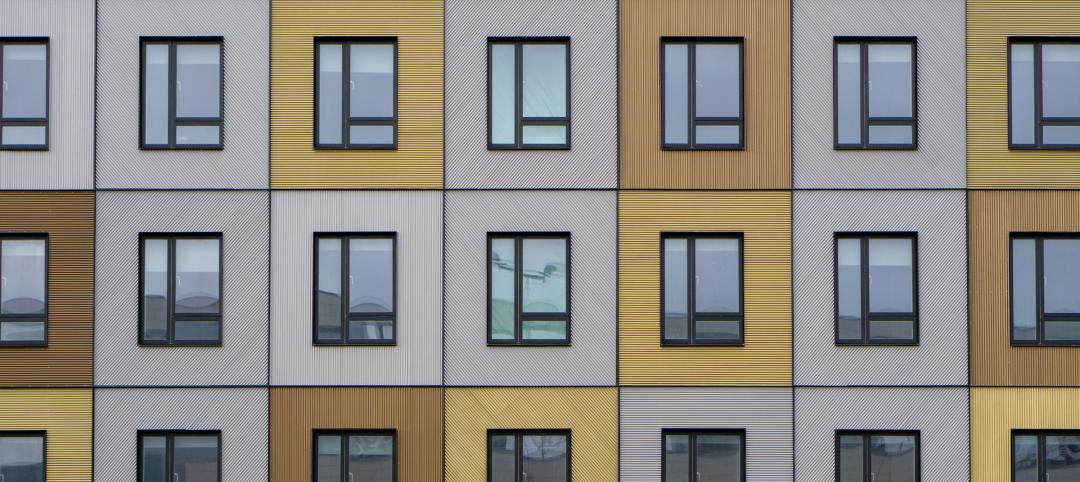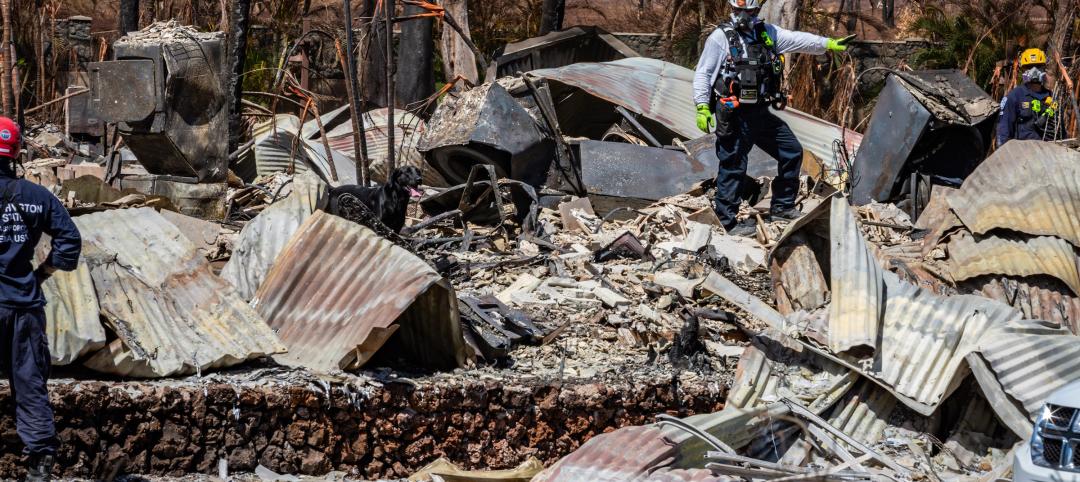Seattle’s new energy code goes into effect in March with notably more sustainable requirements for new construction.
The energy building code will eliminate fossil fuels from most space and water heating and increase access to onsite renewables. Applying to new commercial buildings and large multi-family buildings, the code also reduces envelope heat loss, air leakage, and interior lighting power allowances.
The space and water heating measures take effect in January 2022, but the rest of the code goes into effect March 15, 2021. The city is the latest to legislate the elimination of fossil fuels for space and water heating following more than 40 cities in California.
A local affordable housing developer dissented from the measure in a city council meeting, arguing that the new code can cost developers up to $15,000 more to construct apartment buildings. This could mean a rent increase of up to $100 per month for tenants in a city with a serious affordable housing shortage, he said.
Related Stories
Codes and Standards | Oct 4, 2023
Local officials press California governor for statewide all-electric building mandate
More than two dozen local government officials in California recently signed a letter urging Gov. Gavin Newsom to back a statewide all-electric mandate for all new building construction. This action is needed, the officials say, after a U.S. 9th Circuit Court of Appeals ruling this year nullified the city of Berkeley’s ban on natural gas hookups on new buildings.
Regulations | Oct 4, 2023
New York adopts emissions limits on concrete
New York State recently adopted emissions limits on concrete used for state-funded public building and transportation projects. It is the first state initiative in the U.S. to enact concrete emissions limits on projects undertaken by all agencies, according to a press release from the governor’s office.
Architects | Oct 4, 2023
Architects and contractors underestimate cyberattack risk
Design and construction industry firms underestimate their vulnerability to cyberattacks, according to a new report, Data Resilience in Design and Construction: How Digital Discipline Builds Stronger Firms by Dodge Construction Network and content security and management company Egnyte.
Standards | Sep 25, 2023
Updated specification for PVC exterior profiles on windows, doors, and skylights
The Fenestration and Glazing Industry Alliance (FGIA) updated a specification establishing minimum requirements for Polyvinyl Chloride (PVC) exterior profiles that are used in windows, doors, and skylights.
Resiliency | Sep 25, 2023
National Institute of Building Sciences, Fannie Mae release roadmap for resilience
The National Institute of Building Sciences and Fannie Mae have released the Resilience Incentivization Roadmap 2.0. The document is intended to guide mitigation investment to prepare for and respond to natural disasters.
Codes and Standards | Sep 25, 2023
Lendlease launches new protocol for Scope 3 carbon reduction
Lendlease unveiled a new protocol to monitor, measure, and disclose Scope 3 carbon emissions and called on built environment industry leaders to tackle this challenge.
Codes and Standards | Sep 25, 2023
Modern codes, construction techniques saved structures in Maui wildfire
Modern building codes and construction techniques were effective in saving buildings from the devastating wildfire in Maui on August 9th, according to a recent report, IBHS Early Insights Lahaina Fire—2023, from the Insurance Institute for Business and Home Safety’s research division.
Mass Timber | Sep 19, 2023
Five Things Construction Specialties Learned from Shaking a 10-Story Building
Construction Specialties (CS) is the only manufacturer in the market that can claim its modular stair system can withstand 100 earthquakes. Thanks to extensive practical testing conducted this spring at the University of California San Diego (UCSD) on the tallest building ever to be seismically tested, CS has identified five significant insights that will impact all future research and development in stair solutions.
Data Centers | Sep 15, 2023
Power constraints are restricting data center market growth
There is record global demand for new data centers, but availability of power is hampering market growth. That’s one of the key findings from a new CBRE report: Global Data Center Trends 2023.
Engineers | Sep 15, 2023
NIST investigation of Champlain Towers South collapse indicates no sinkhole
Investigators from the National Institute of Standards and Technology (NIST) say they have found no evidence of underground voids on the site of the Champlain Towers South collapse, according to a new NIST report. The team of investigators have studied the site’s subsurface conditions to determine if sinkholes or excessive settling of the pile foundations might have caused the collapse.
















